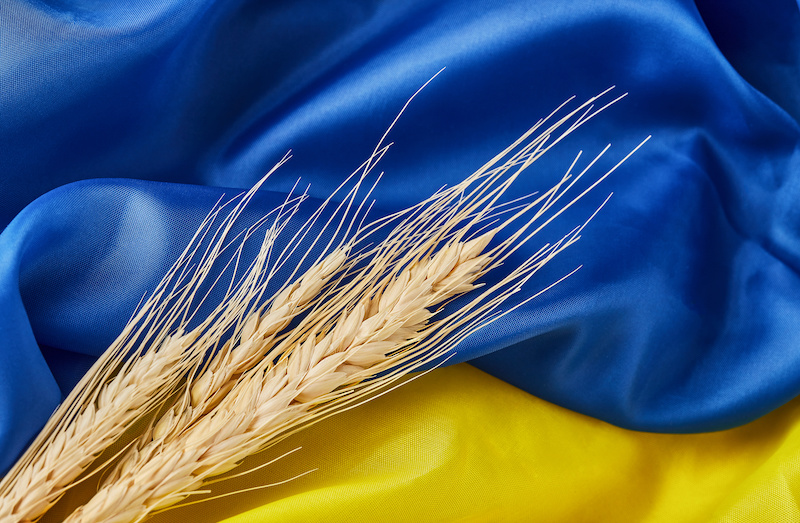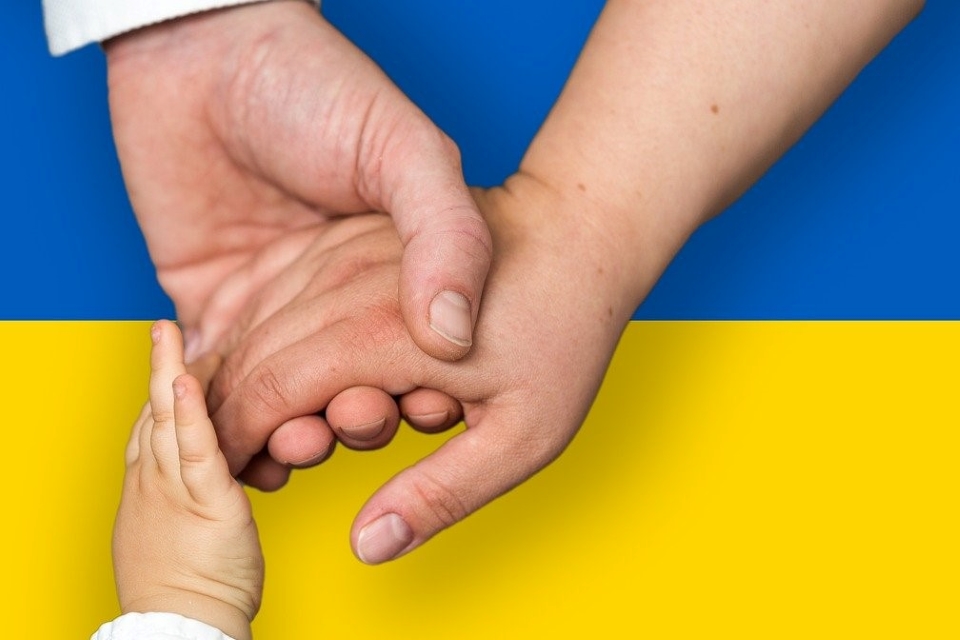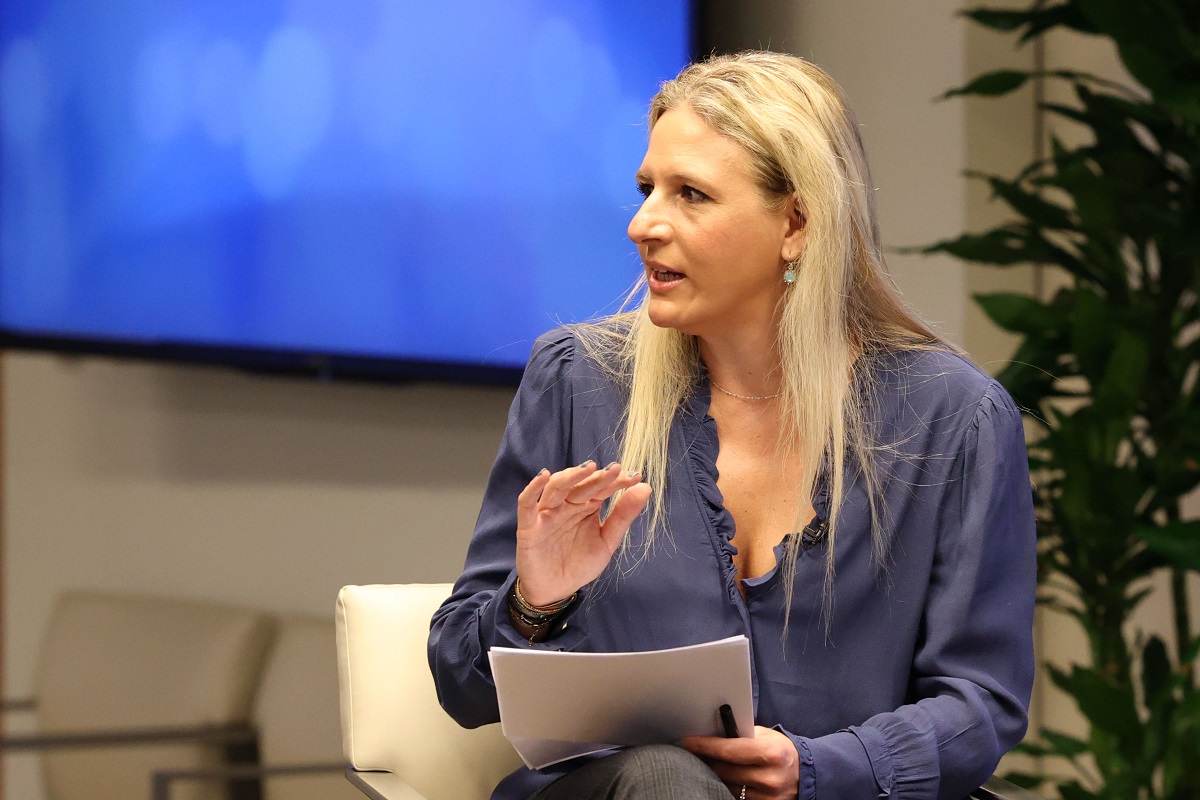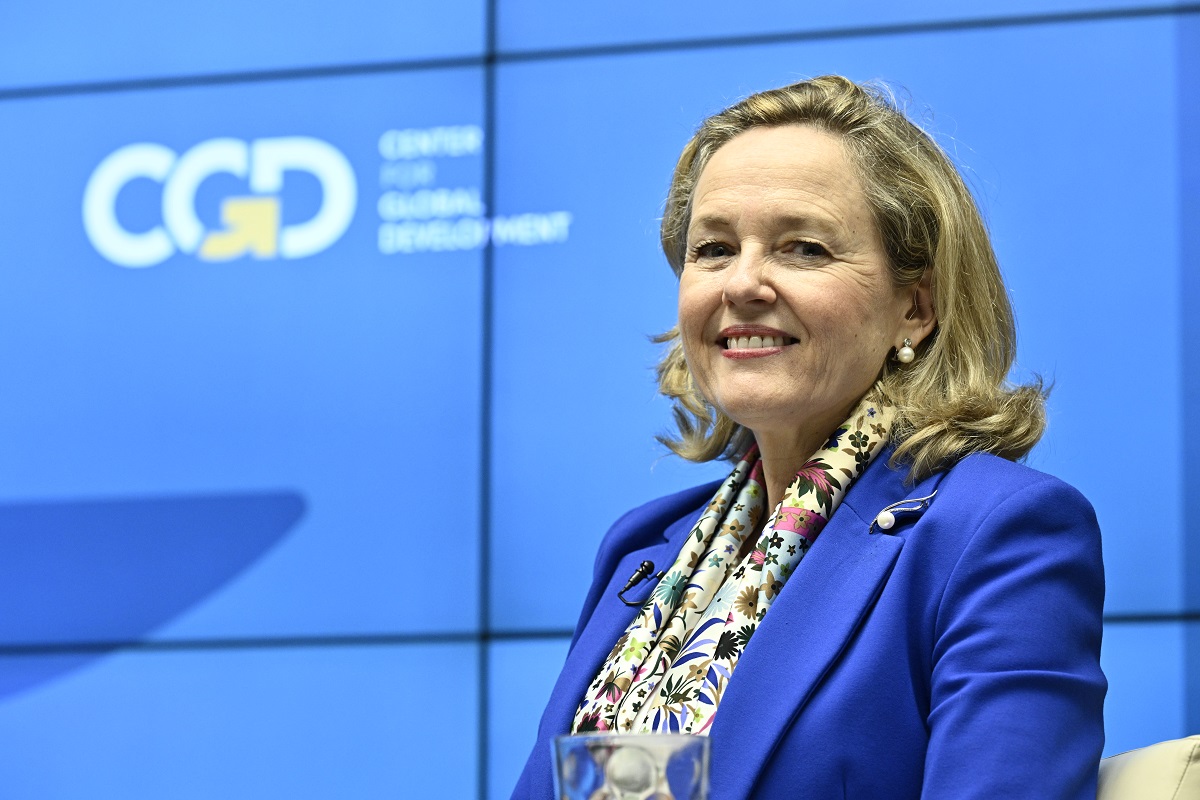As Dany Bahar said recently, the refugee crisis is shaping up to be the worst the world has seen for 80 years. There are also millions of civilians inside Ukraine—some displaced by the fighting, others still at home—who (either now or in the near future) will need assistance from humanitarian agencies like the UN, the Red Cross and international NGOs.
How should the international community respond? Here are six proposals.
First, although the countries hosting the current wave of refugees have more ability to look after them than is the case in most of the world’s refugee crises, by dint of their level of economic development, there is still a valuable role to be played by the UN refugee agency, UNHCR, and other relief agencies. Donors should quickly and fully fund this month’s UN appeal, which seeks $1.7 billion, for both refugees and work inside Ukraine. The initial signs are positive, with $1.5 billion pledged in the first week. But promises must quickly to be turned into cash, and this first appeal covers three months only. It will soon be followed by other larger calls for resources.
Second, the EU, drawing on the experience of the exceptional aid it has provided Turkey to help support millions of Syrian refugees, should approve a package of financial support—which even initially will need to be calibrated in the billions of euros—for its member states hosting fleeing Ukrainians. (Others, notably the UK, Norway and Switzerland should help with that too). Many of those who have left so far are well educated and have professional and vocational skills: they could be productive and make a valuable contribution if helped to do so. That would be much better than what often happens, which is that refugees simply become dependent on their hosts. Again, there are positive lessons to draw on from other recent experiences, including the way Germany and Sweden integrated hundreds of thousands of refugees they took in from Syria and elsewhere in 2015.
Third, prosperous western countries further afield should take in a share of the refugees. That is substantively and symbolically important for reasons of solidarity. So far some governments, including unfortunately the UK, have been too slow and too miserly in their response to this (in stark contrast to the wave of generosity many of their citizens have expressed in offering to take fleeing Ukrainians into their homes). Resentment will build and complicate other crucial collaboration if this is not redressed.
Fourth, the financial firepower of the World Bank (and the European Bank for Reconstruction and Development) should be put to work to offer more support for the Ukrainian economy and ensure social safety net programmes can be sustained, but also to ease the burden on refugee hosting countries. Under its soft lending arm, the International Development Association, the World Bank has provided such support in recent years for refugee hosting countries. In these unique circumstances it should use its large balance sheet to help in eastern Europe too.
What those who remain inside Ukraine want more than anything is, of course, an end to the bombardment. We can all see what the Russians think about that, and those of us with experience of Russian behaviour elsewhere, not least in recent years in Syria, can guess what is to come. Much of the defensive response will inevitably be military. But two humanitarian initiatives that were valuable in Syria could be replicated in Ukraine now.
So my fifth proposal is that friendly countries should support any Ukrainian moves towards the establishment of a Ukrainian equivalent of the White Helmets. Comprised of thousands of volunteers, in Syria the White Helmets played a role in medical evacuation, urban search and rescue in response to bombing and the evacuation of civilians from danger areas. One thing Ukraine now needs is help to cope with escalating Russian targeting of civilians. The purpose of bombing hospitals and other civilian refuges is to terrorise the population, undermine morale and erode resistance. These tactics come straight out of the Chechnya and Syria playbooks. Combatting them requires protected underground hospitals and a drum beat of publicity showing what is happening. The White Helmets have done courageous and effective work publicising and warning of the risk of atrocities in Syria, gathering video footage and eye-witness testimony and disseminating it widely. People committing war crimes and other atrocities generally prefer not to be seen doing so: they can sometimes be put off if they know the full detail of what they are doing will be seen round the world.
And sixth, also drawing on the Syrian experience, it is possible that at some point in the future there will be a degree of accountability for those responsible for atrocities. Gathering evidence to be ready for that day is important. Some of the people who committed serious crimes against civilians in Syria have been prosecuted, convicted and imprisoned in Germany. That has been possible only because the evidence was collected. Those doing this kind of work should be supported from the outset.
Mark Lowcock’s new book, “Relief Chief: A Manifesto for Saving Lives in Dire Times,” published by the Center for Global Development, is out on 17 May and can be pre-ordered here.
CGD blog posts reflect the views of the authors, drawing on prior research and experience in their areas of expertise.
CGD is a nonpartisan, independent organization and does not take institutional positions.







